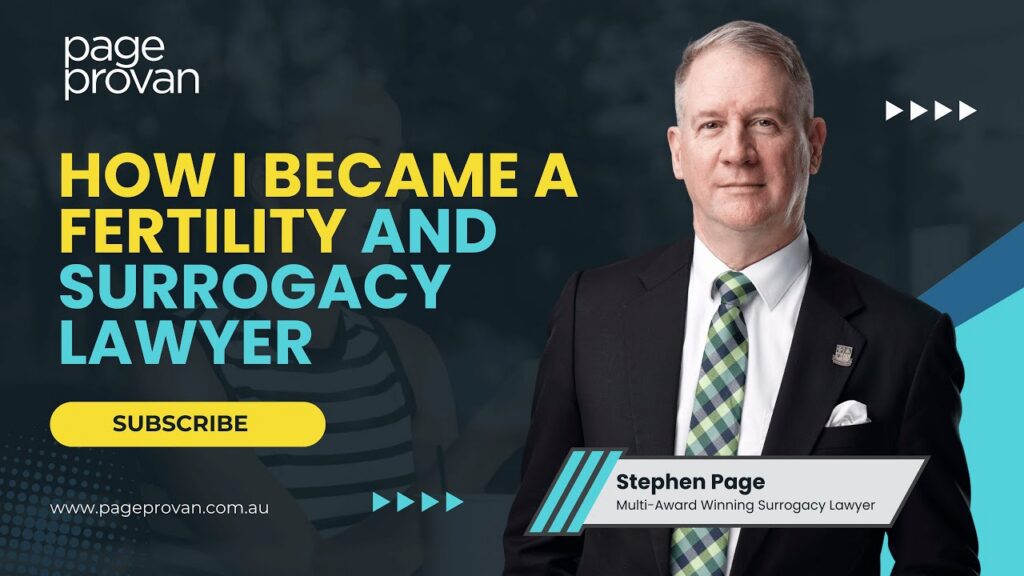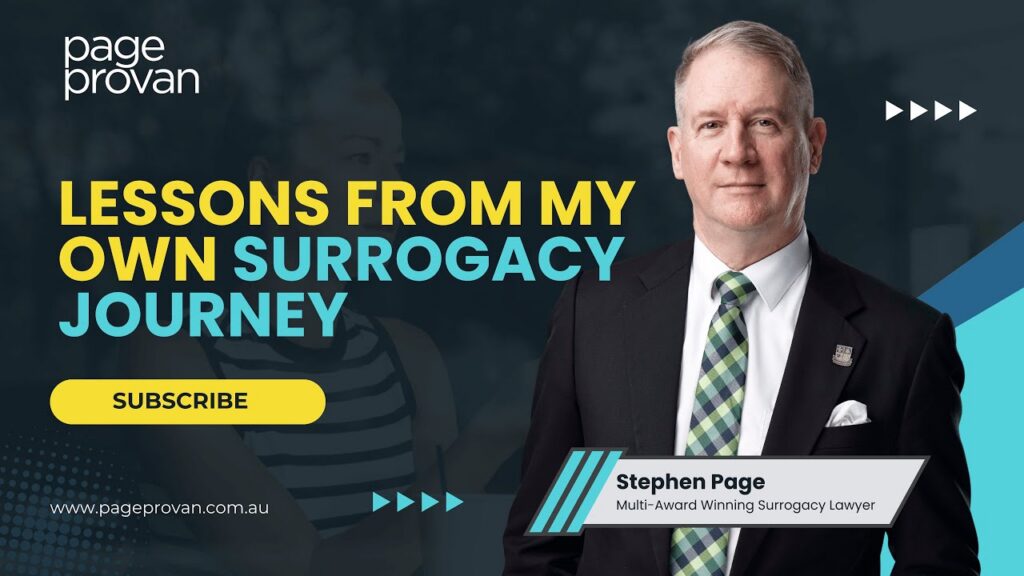The Mediation & Arbitration Process
Many family disputes today are getting resolved through mediation. In this video, Accredited Family Law Specialist Bruce Provan explains what goes through the mediation & arbitration process.
Transcript
My name is Bruce Provan, I’m the Managing Director of Page Provan, Family and Fertility Lawyers, we are a specialist family and fertility law practice in Brisbane.
I want to talk to you today about the process for mediation and arbitration. So many matters, so many family law disputes are being resolved today through mediation. Mediation is a process where people sit down with or without their lawyers with a qualified mediator to talk about their matter, to see if the matter can be resolved through negotiation, rather than having to go through the family law or the court system.
For parenting matters, the mediator is known as a family dispute resolution practitioner who is specially qualified to help people with mediation in parenting matters. Other mediators will also deal purely with property matters, so the process for a mediation is that where there is a dispute following or even prior to a separation, people can approach a mediator.
If they’ve got lawyers involved, it will be generally the lawyers who approach the mediator and to, try to agree on a mediator and work out a date for the mediation to take place. On the day of the mediation, people will go along, they’ll talk to the mediator.
Mediation can go all day, sometimes the mediations can go over a number of days. Where there’s lawyers involved, what often happens is that the lawyers will come along and they’ll be involved in the process as well.
That the mediator generally will want to talk to both of the parties and the lawyers together to go through what is going to happen during the course of the mediation and to discuss the reasons why they should be trying to resolve the matter through mediation rather than let it go through the court process.
Often what will happen then is that the parties will go into separate rooms with their lawyers and the mediator will go between the two rooms to discuss the matter and exchange offers, and if they’re able to reach an agreement, one of the lawyers can draft an agreement for people to sign.
Moving on to arbitration, the process for arbitration is that a matter can only proceed to arbitration if both parties agree. If they do agree, then they will need to try to agree on an arbitrator, and that will generally be done through their lawyers. So the lawyers will then approach the agreed arbitrator to try to work out a date.
The arbitrator will allocate a date that they will set aside purely for that matter and after that, the arbitrator will generally have a conference with the lawyers to make some directions about what needs to happen prior to getting to an arbitration.
Now, the arbitration itself can either be like a court hearing where people give evidence orally, or they could be cross examined. But other arbitrations can be what we call on the papers, in other words, documents are provided to the arbitrator. There’s no hearing like there would be in court, there’s no cross examination, and the arbitrator makes the decision based upon what they read.
One of the beauties of arbitration is that the arbitrator must make their award within 28 days, there’s some flexibility about that, but it’s generally 28 days. So people can be certain that, first of all, they’ve got a date set aside, and secondly, that the decision will be made within a specified time frame.
I’m Bruce Provan, I’m from Page Provan, Family and Fertility Lawyers.












